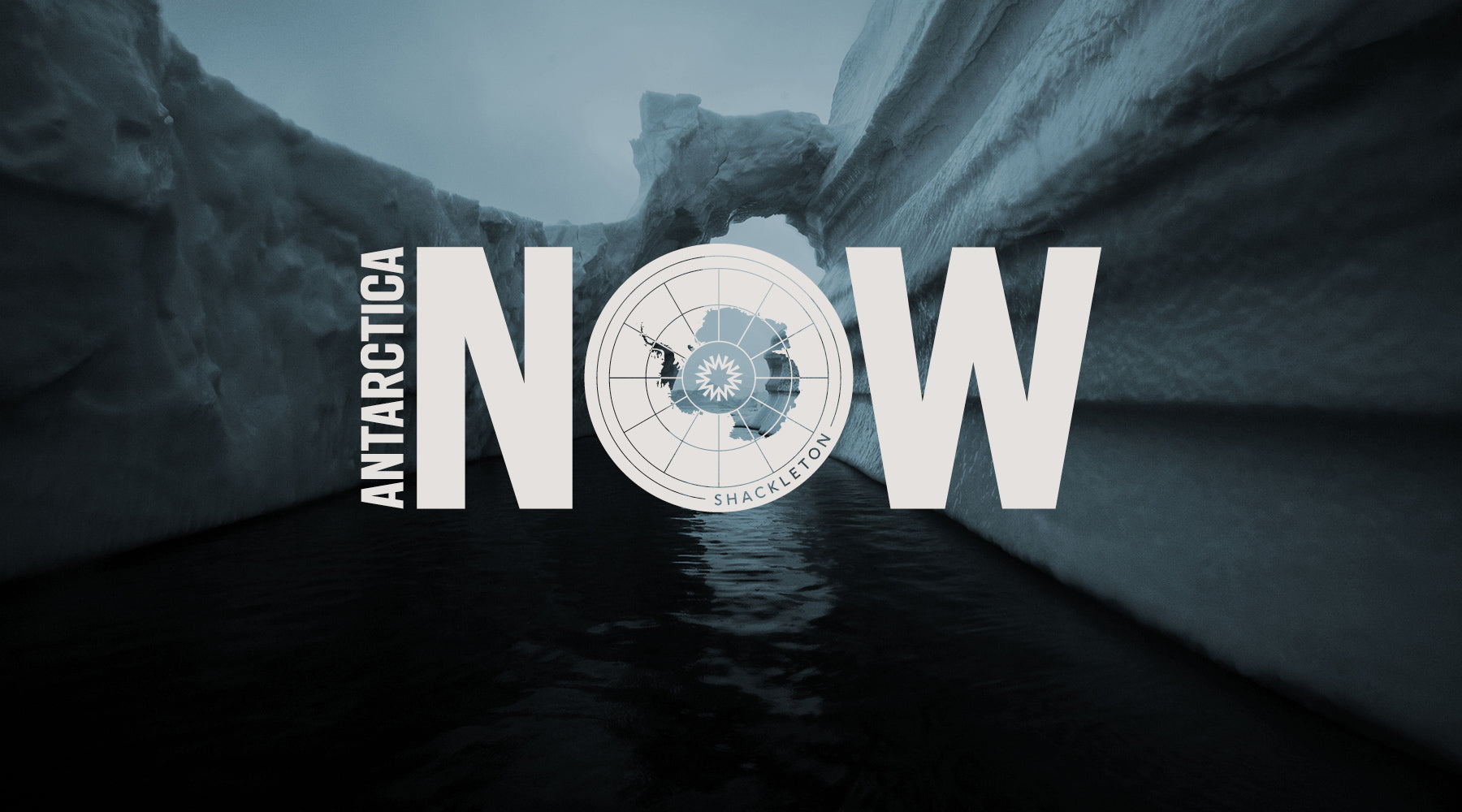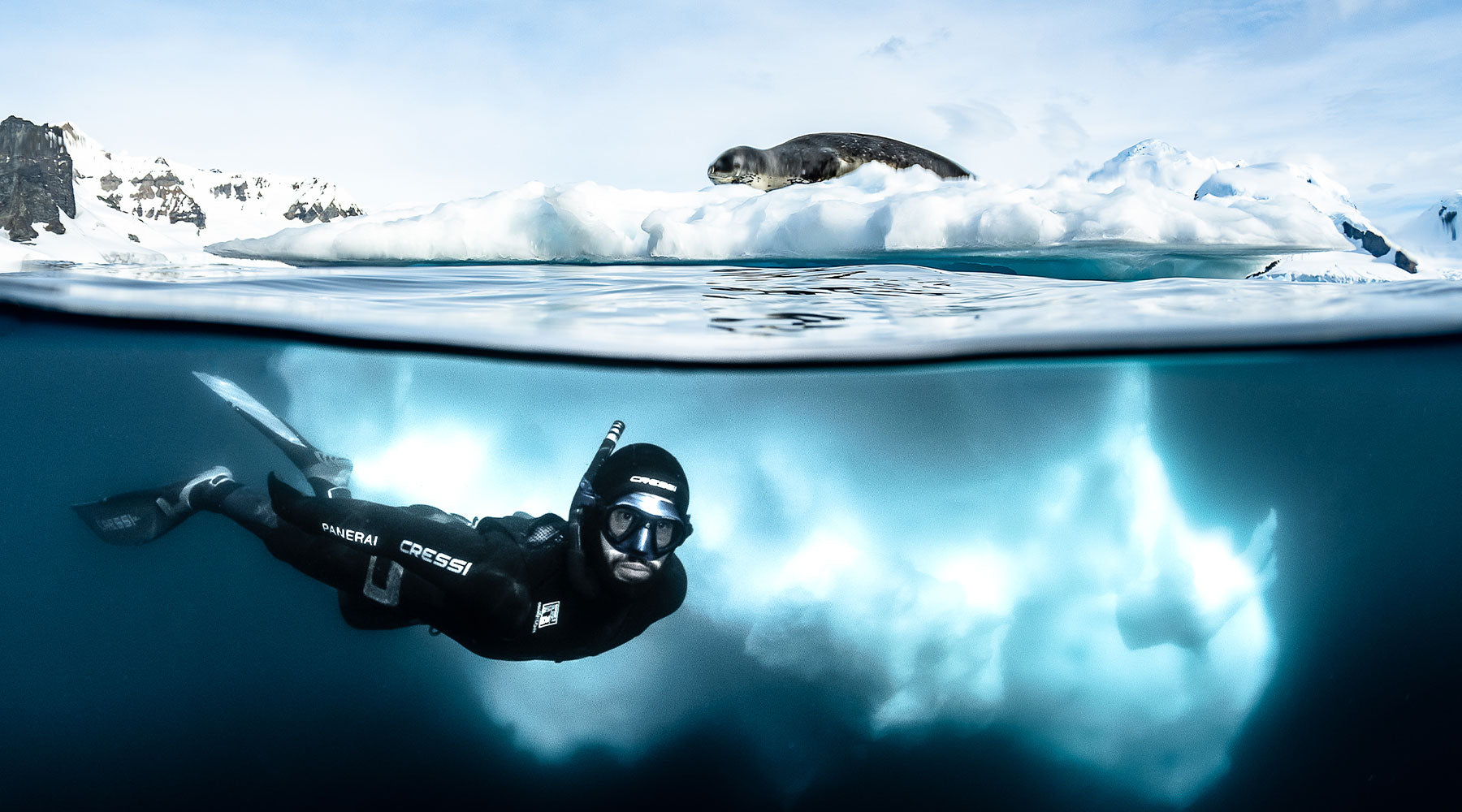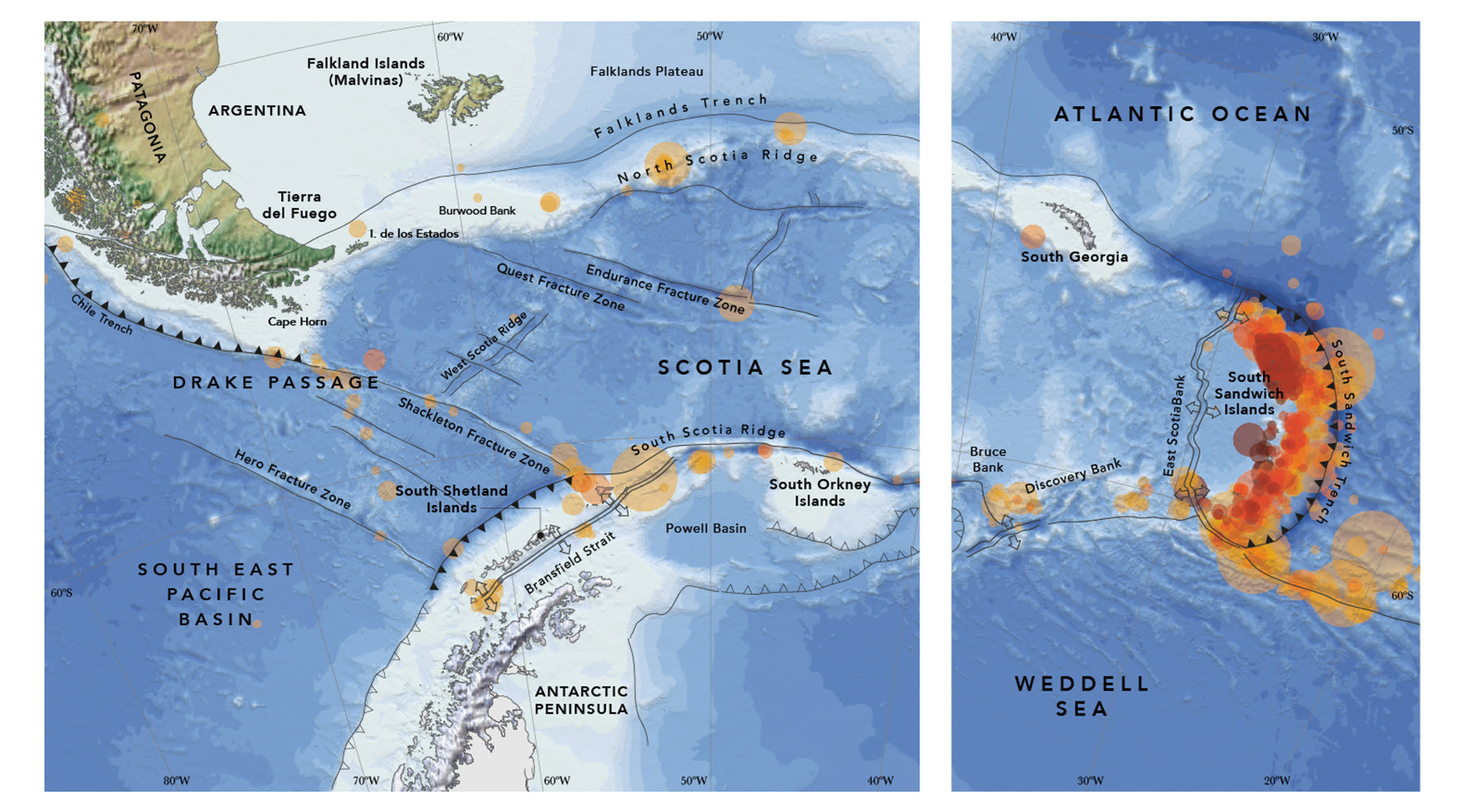
Antarctica's power struggle, by Klaus Dodds
A new Cold War? Why the Antarctic is on the brink of an international power struggle
We’re very happy to welcome Professor Klaus Dodds to address the question ‘Who wields power in the Antarctic?’ In his fantastic book, The Antarctic, A very Short Introduction, Professor Dodds writes, ‘Acts of discovery are never politically innocent’. The earliest sightings of the Antarctic region happened in the late eighteenth and early nineteenth centuries, at a point when it still had almost mythical status. Yet it didn’t take long for cynical agendas to introduce themselves.
First the trade in whale flesh and seals brought ships from across the world to plunder its seas. Different nations competed to divide up its land in the hope of expanding both resources and power. By the end of the nineteenth century there was a stronger emphasis on expeditions that claimed to advance science and knowledge. But even these came with the stink of imperialism.
Fast forward to the Cold War. The much-praised 1959 Antarctic Treaty appeared to resolve tensions. The Antarctic was marked out as a continent for peace and science. But the treaty was ambiguous about power. Though countries were not allowed to expand their footprint in the Antarctic, they were also not forced to let go of territory they had already claimed.
This ambiguity has led to a situation that while many people are in the Antarctic to conduct important scientific experiments, others are using research as a fig-leaf for more political ambitions. There has been an alarming increase in technologies that can be used for both peaceful and military purposes. Professor Dodds is a leading expert on how political tensions have been growing in the region. Here, he explains why he thinks the Antarctic could be on the brink of an international power struggle.


